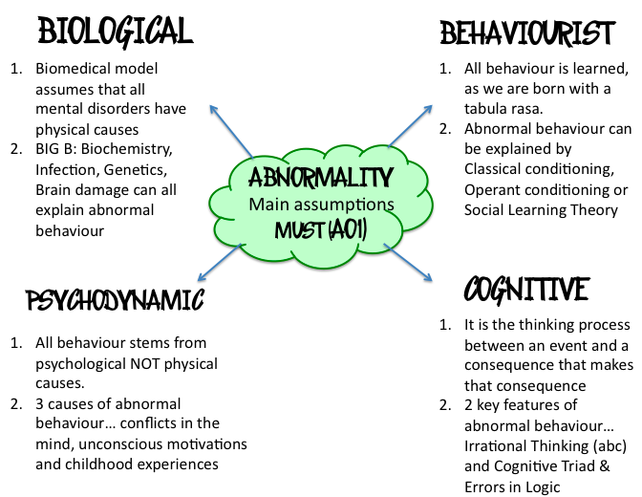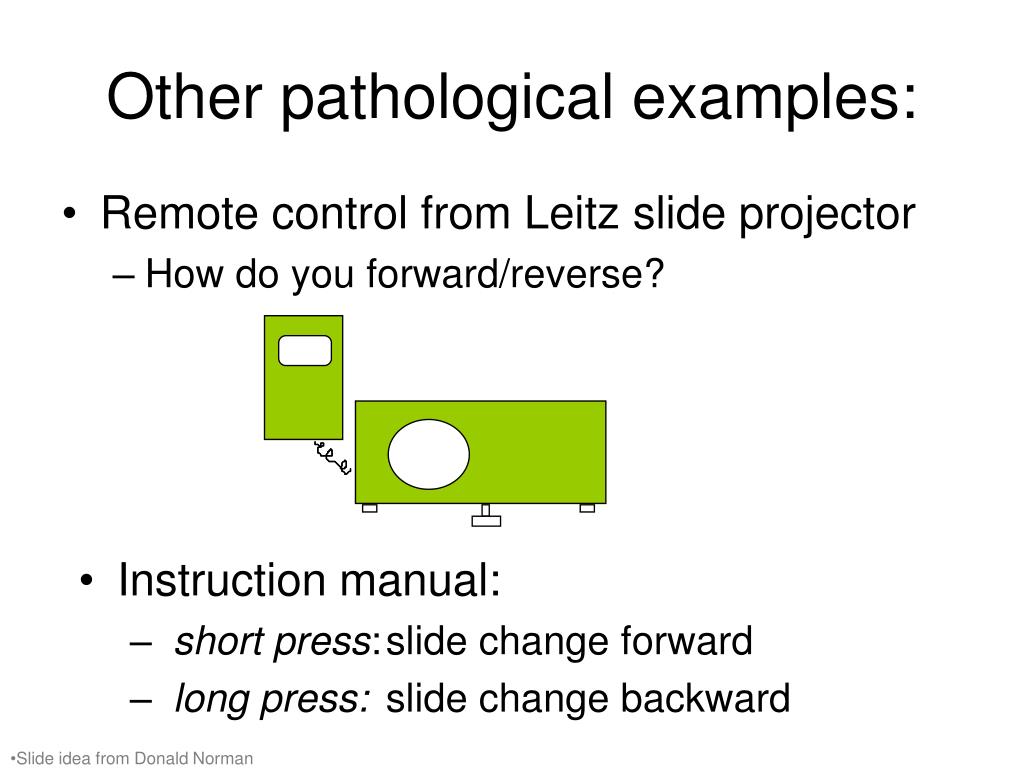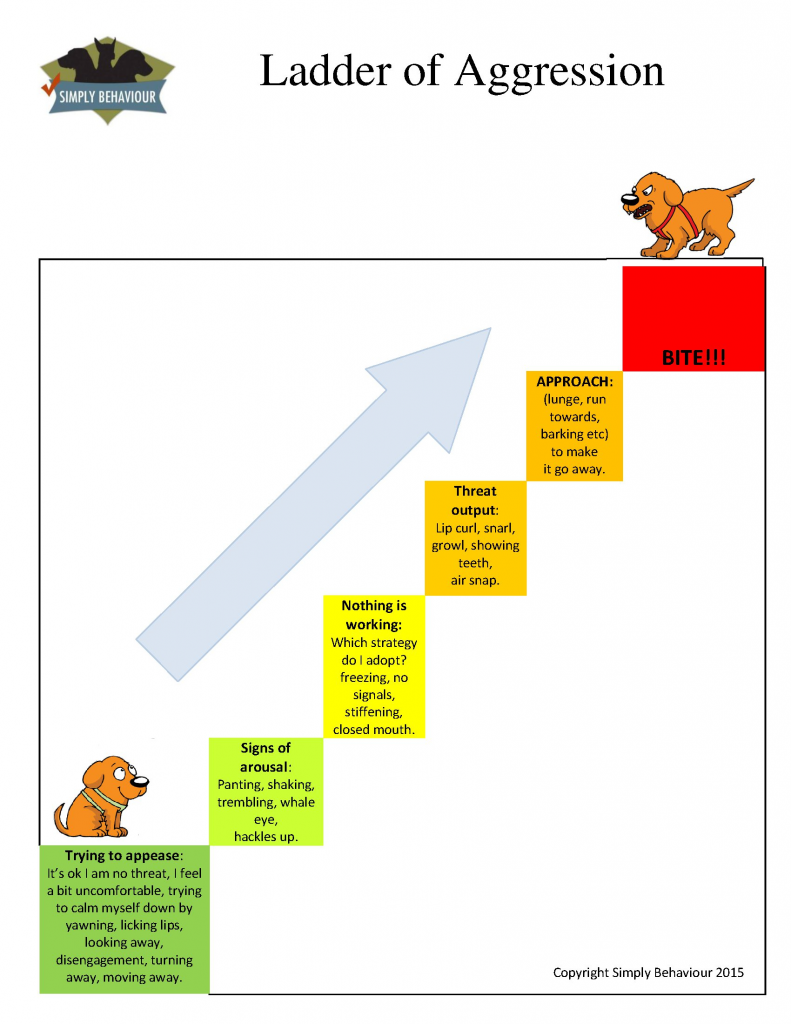

PATHOLOGICAL BEHAVIOR EXAMPLES PROFESSIONAL
Note: A Psychiatry for the People post ("Our Blog Post") is not intended to be a substitute for professional advice. “ transdiagnostic approaches,” which look at underlying features of conditions like depression and anxiety to derive a more accurate, and useful, picture, or " biotypes," which look for underlying varieties of mental illness based on computational models rather than clinical experience.

Dealing with difficult behaviors (impulsive behavior, frustration, anger & aggression).

Impulsivity: A predisposition toward risky behaviors. Attention-deficit/hyperactivity disorder (ADHD): The basics.You can learn more about how we ensure our content is accurate and current by reading our editorial policy. Healthline has strict sourcing guidelines and relies on peer-reviewed studies, academic research institutions, and medical associations. Brain injury or strokeīrain injury or stroke can lead to changes in behavior. This condition is a type of obsessive-compulsive disorder, though it was formerly classified as an impulse control disorder. It involves a powerful desire to pull out your own hair. Trichotillomania is another rare condition. Pyromania is a rare mental health disorder - a type of impulse control disorder - in which you can’t control the impulse to set fires. These can include anxiety and depression. People with kleptomania tend to have coexisting mental health disorders. Kleptomania is a rare condition in which you can’t resist the compulsion to steal. In intermittent explosive disorder, a person experiences frequent episodes of impulsive or aggressive behavior. Antisocial personality disorderĪntisocial personality disorder involves impulsive and manipulative behavior. It may not be possible to determine which came first. On the other hand, impulsivity may contribute to the development of substance use disorders. Symptoms can include:Ĭertain substances, such as alcohol, can break down inhibitions. People with ADHD can find it hard to pay attention and control impulsive behavior. Other symptoms include:Īttention deficit hyperactivity disorder (ADHD) In a manic episode, someone may have the symptom of impulsive behavior. Symptoms include:īipolar disorder is a mental health condition marked by extreme shifts in mood, often mania or depression. They may develop due to a combination of factors that include:īorderline personality disorder is a mental health condition involving emotional instability. The exact causes for these disorders are unknown. The following are some disorders that may lead to impulsivity. self-harm: hurting yourself in the heat of anger, sadness, or disappointmentĪnyone can become frequently impulsive, but it can sometimes be a sign of an underlying disorder.higher risk sex: engaging in sex without a condom or other barrier method, especially with a person whose STI status is unknown.physical violence: overreacting by getting physical in the spur of the moment.oversharing: talking without thinking and sharing intimate details.

lots of starting over: abruptly joining and quitting groups or wiping the slate clean in search of a fresh start.frequent outbursts: losing your cool far too often, even when it’s clearly uncalled for.escalating problems: taking minor situations and making them more urgent and important than necessary.destruction of property: destroying your own or someone else’s things in a moment of anger.bingeing: overindulging in things like shopping, gambling, and eating.There’s no wondering how you’ll feel about it later. There’s no consideration to how it could affect others.


 0 kommentar(er)
0 kommentar(er)
